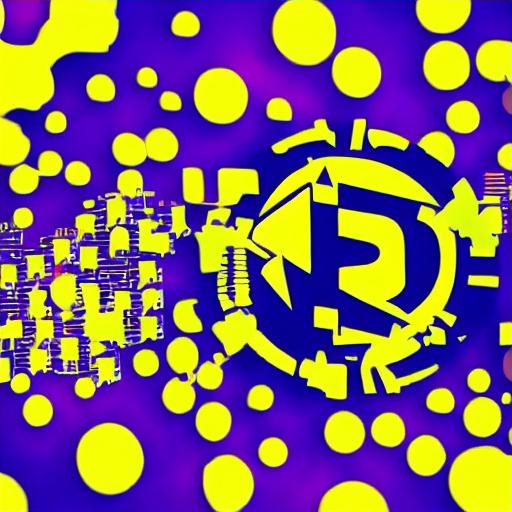In the world of blockchain technology, Ethereum has emerged as a significant player since its inception in 2015. Created by Vitalik Buterin, Ethereum was developed as an open-source platform to facilitate the deployment of decentralized applications (dApps) and smart contracts. Its introduction has enabled developers to explore new possibilities and drastically transform various industries.
One of the key reasons for Ethereum’s adoption and success is its ability to support smart contracts. These self-executing contracts with the terms of the agreement directly written into code, enable automated actions without the need for intermediaries. This feature attracted the attention of businesses across industries looking to streamline their operations and reduce costs.

The transparent and decentralized nature of Ethereum also played a crucial role in its adoption. Unlike traditional centralized systems, Ethereum operates on a network of computers worldwide, ensuring that no single entity has complete control over the platform. This decentralized nature fosters trust, eliminates the risk of fraud, and allows for greater security and privacy.
The initial coin offering (ICO) boom of 2017 further accelerated the adoption of Ethereum. Startups and projects could easily raise funds by issuing their own tokens on the Ethereum blockchain, bypassing traditional venture capital routes. While the ICO craze has since subsided due to regulatory concerns, it undoubtedly played a significant role in establishing Ethereum as a prominent player within the crypto space.
Another factor contributing to Ethereum’s adoption is its strong community. Ethereum has fostered a passionate and dedicated community of developers, enthusiasts, and users, actively contributing to its growth and development. This commitment to collaboration and innovation has attracted many developers and businesses to build on the Ethereum platform, further expanding its use cases and driving adoption.
Ethereum’s versatility has also been a major catalyst for its adoption. The platform offers developers the flexibility to build a wide range of decentralized applications, from decentralized finance (DeFi) platforms to supply chain management systems. This adaptability has positioned Ethereum as the go-to platform for creating innovative blockchain solutions, attracting developers from various backgrounds and industries.
Furthermore, Ethereum’s improvements and upgrades have played a crucial role in its adoption. The upcoming Ethereum 2.0 upgrade, which promises to enhance scalability, security, and sustainability, has generated significant excitement and anticipation within the blockchain community. These improvements are expected to attract more users and developers to Ethereum, solidifying its position as a leading blockchain platform.
